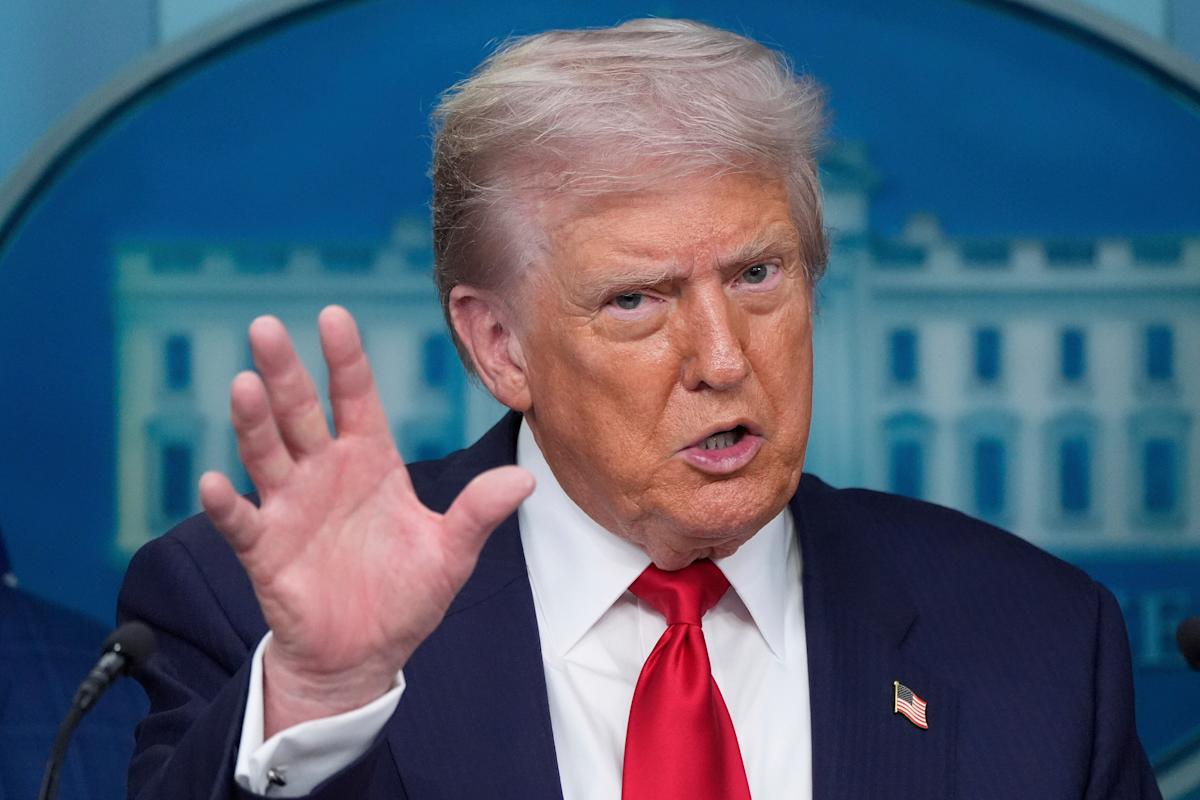President Trump on Monday signed an executive order implementing another 90-day pause on additional tariffs on China that were set to take effect on Tuesday, reports said. The move again pushes off a deadline for imposing the harshest taxes on Chinese imports as the two sides continue negotiations on a deal.
Reports from CNBC, The Wall Street Journal, and The Washington Post all said the president had signed the order, which will push the deadline for these tariffs back to Nov. 9.
The White House didn’t immediately respond to a request for comment.
The extension appears to mean that headline rates agreed to in May of 30% on Chinese imports and 10% on American goods will continue for the immediate future and avoid a snap-back to previous triple-digit levels. Sector-specific tariffs on goods like steel and some medical supplies will keep the effective tariff rate between the two countries higher.
The reported tariff agreement also comes amid an increased focus from Trump in recent days on Russia and the war in Ukraine, with Trump putting an additional 25% tariff on imports from India over that nation’s consumption of Russian oil.
The new pause could also increase the odds for a meeting later this year between Presidents Trump and Xi. The two men’s teams have both floated the concept of a face-to-face meeting, perhaps as soon as the coming Asia-Pacific Economic Cooperation summit in South Korea at the end of October.
Monday’s announcement also came after three meetings of the two trade teams in recent months — gatherings that took place in Geneva in May, London in June, and Stockholm in July — resulted in signs of progress, though tensions remain between the two sides.
He Lifeng, China’s vice premier for economic policy, has represented his country at all three meetings. A representative for He — Chinese trade negotiator Li Chenggang — said after the most recent round in Sweden that the two sides had “candid exchanges over their economic concerns,” according to a translation.
Certain issues like semiconductors, including a plan to allow the resumption of Nvidia’s (NVDA) AI chip exports to China, as well as Chinese exports of rare earth minerals have been most in focus of the talks so far with a long list of issues between the two nations still to discuss.
Over the weekend, the Trump administration struck a deal with Nvidia and AMD to allow those chipmakers to sell some chips into the Chinese market in exchange for a 15% cut of the sales.
Click here for the latest economic news and indicators to help inform your investing decisions
Read the latest financial and business news from Yahoo Finance

